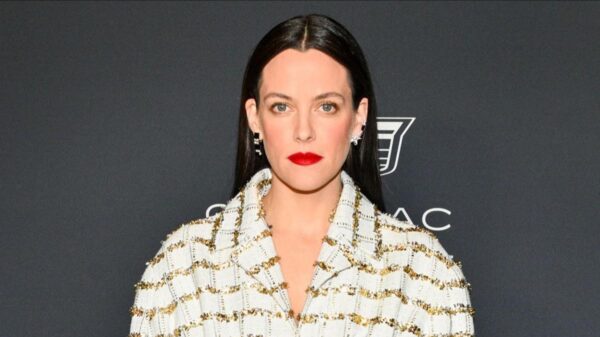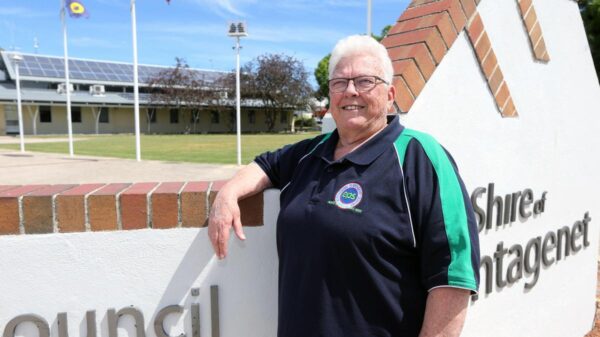UPDATE: New initiatives are underway to address the urgent need for improved women’s health research and funding as Women’s Health Week kicks off this week. Running from Monday to Friday, this initiative aims to spotlight critical health issues affecting women, from reproductive health to mental well-being.
In a significant development, the Australian federal government has announced a commitment of $573 million to enhance women’s health services. This funding will support long-term contraceptive options and expand clinics focused on endometriosis and pelvic pain. However, experts stress that this funding does not adequately address the chronic underfunding in women’s health research, which remains a pressing concern.
Dr. Matt Kemp, chief scientist at the Women and Infants Research Foundation, emphasizes the historical exclusion of women from clinical trials, particularly before the late 1980s. He stated, “It’s a challenge that requires not just more resources but a much greater degree of public awareness to deal with the significant health gap between men and women.” The consequences of this exclusion have led to misdiagnoses and delays in treatment for countless women.
The Royal Australian College of GPs (RACGP) highlights another alarming statistic: women are more likely than men to delay seeking healthcare. Vice President Ramya Raman reported that nearly one in three women postponed seeing their GP in the past year. Furthermore, more than one in ten avoided health services altogether due to costs. “Longer consults are vital to reduce delays in diagnosis and care,” Dr. Raman stated, advocating for reforms that would provide better access to necessary medical care.
As women increasingly choose to have children later in life, new research from Flinders University reveals rising health risks. The average age of first-time mothers has climbed to 35 years or older, leading to increased complications such as gestational diabetes and high blood pressure. Lead author Dr. Anya Arthurs notes, “We’re seeing increased rates of gestational diabetes, high blood pressure, and caesarean sections among older mothers, which raises important questions about how maternity care systems are adapting.”
Women’s health encompasses more than reproductive issues; over half of Australian women are living with a chronic health condition. To raise awareness, September 1 will mark the inaugural National Day of Awareness for Young Women’s Breast Cancer, established by the organization So Brave. This day follows a campaign advocating for free diagnostic tests for young women, who often face significant financial barriers when seeking medical care.
The intersection of these developments underscores an urgent call for more comprehensive support and resources in women’s health. As the government rolls out its funding initiatives, experts urge a collective societal effort to address these deep-rooted challenges.
Stay tuned for more updates as Women’s Health Week unfolds, bringing attention to these vital issues that affect millions of women globally.


































































